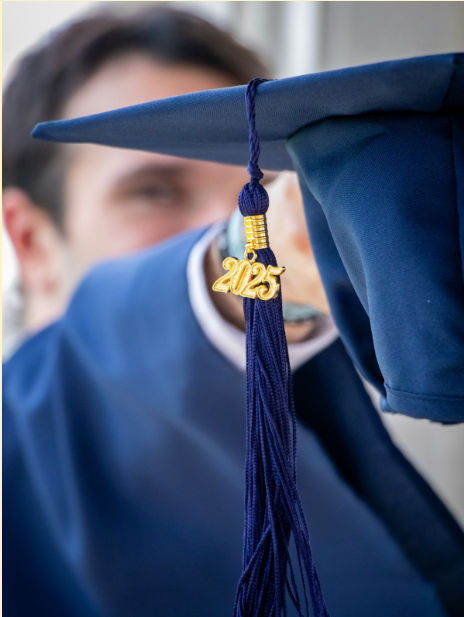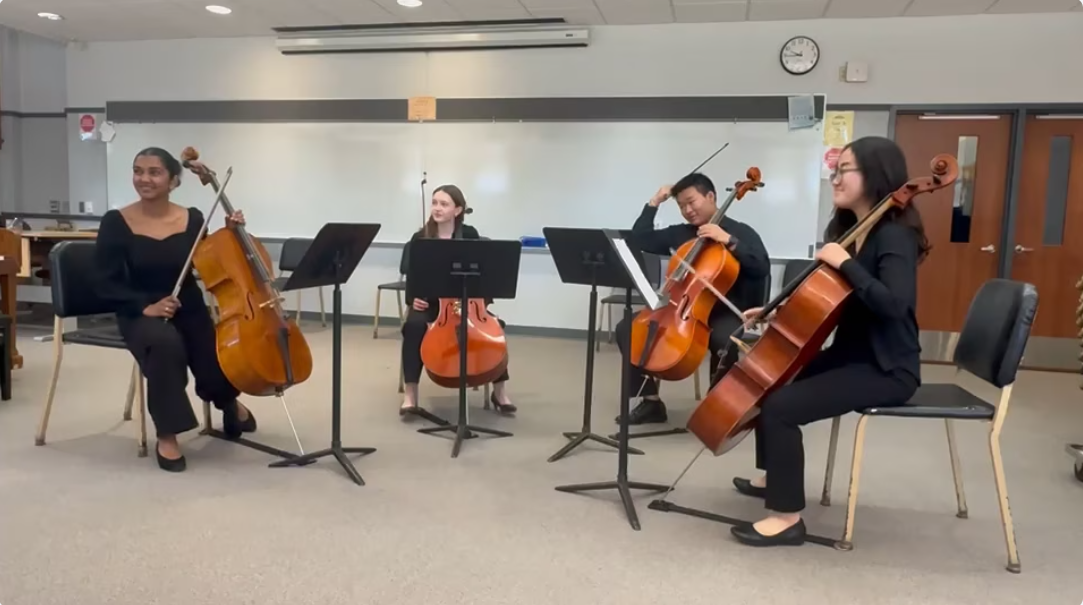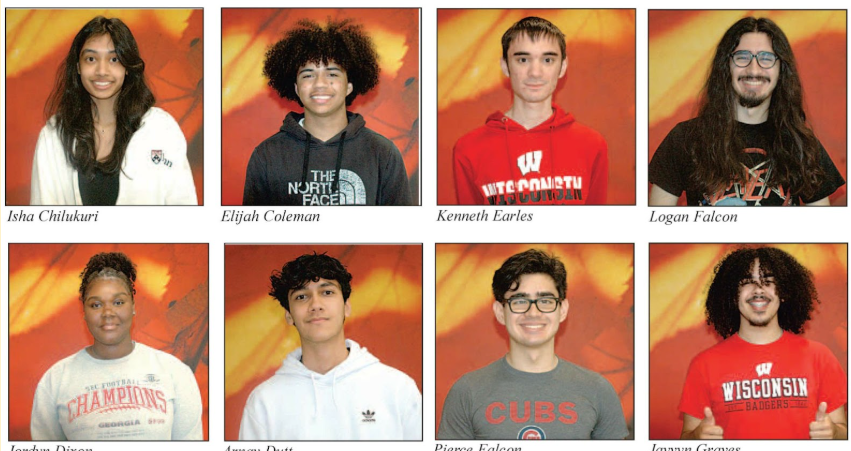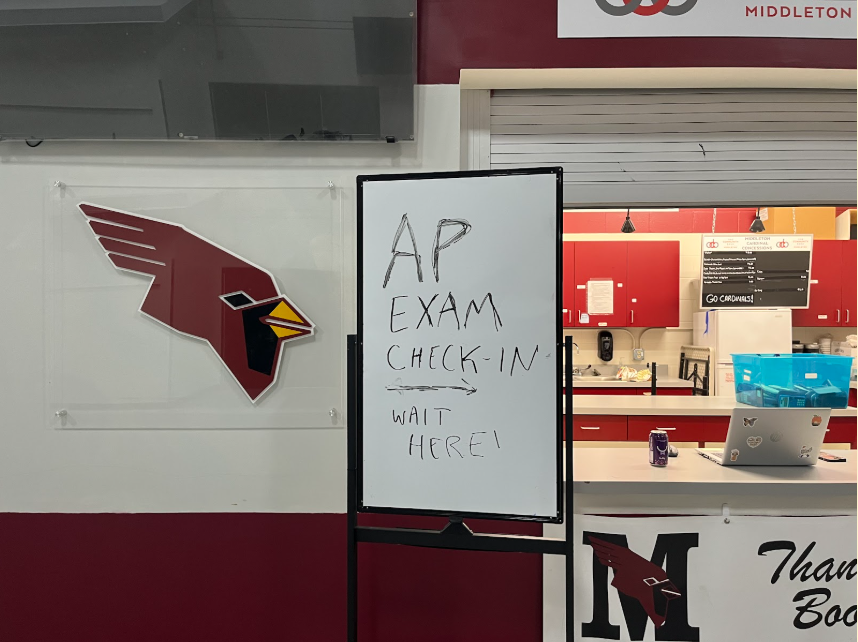The Brilliance of College Board
May 31, 2021
Whether it be our celebrated intellectual diversity, offering both anti-vaxxers and vaxxers the same credibility or our sprawling network of fast food, designed to nourish the populace and create a demand for cutting-edge healthcare, everything points to one single conclusion: Americans are known around the world for being devastatingly intelligent.
A beacon of education on the forefront of intellectual curiosity, Americans are constantly redefining basic literary skills. Other countries yearn to be like us, and, frankly, we can’t blame them.
The youth are pushed into highly competitive education environments, ones that guarantee only the best and brightest will be the future of the country. This ensures that American decision-making stays razor-sharp, just like every decision made post-1776.
Spearheading this charge is the College Board.
College Board is an American non-profit organization designed to prepare students for higher education by offering college-level courses in high schools. With a savvy social media team, curriculums that blur the line between education and mental gymnastics, and dastardly charming CEO Trevor Packer, College Board has revolutionized America’s schooling system.

For those unfamiliar, the Advanced Placement (AP) classes the College Board offers are pitched as college-level courses with college-level workloads and tests within high schools. Throughout the course of the year, students trudge through mind-numbing classes, piles of homework, and volumes of readings on crooked, poorly copied PDFs.
The payoff for taking these classes? The promise of college credits with the potential to spare students from taking the same classes later at their universities, while alleviating a sliver of their student debt. The catch? In order to receive the credits, students must receive a passing mark on a single three-hour-long test. All other test scores and assignments become irrelevant in judging a student’s understanding of course material. One might find it discouraging or even simply ridiculous, as no real college or high school class allows all credits to hinge on a single test, but in actuality it’s just a reminder that the College Board is unafraid to break the status quo in the name of its students’ wellbeing.
Of course, as with everything that seems to be too good to be true, there are some limits. Not every school has the means to offer all 38 AP courses (there are only so many art and film classes that can be cut), nor a school coordinator capable of enforcing the imperial will of mouthwatering hunk Trevor Packer.
The College Board, seemingly unaware of these academic discrepancies, insists that it was “created to expand access to higher education,” according to its website. Though a touching sentiment, upon conducting a deeper dive, one discovers the unappreciated brilliance. Indeed, it quickly becomes apparent that the College Board has begun to take the groundbreaking steps to redefine what accessibility looks like. Each AP test and SAT retake carries a hefty price tag. With scholarships and school funds, the toll these fees inflict can be overlooked at first glance.
But the real genius lies within the hundreds of dollars worth of textbooks and prep courses offered by none other than College Board itself. Resources specifically designed to pass the very tests they created, further strengthening their monopolistic grasp on the American Education System, and giving students with money to spend a leg-up on the rest. This bold move has proven revolutionary in providing students a chance to experience new opportunities and the opportunity gap alike.
Ever so understanding of the needs of its students, the College Board has begun offering online AP tests in light of the COVID-19 pandemic. Naturally, this has raised concerns regarding cheating, and rightly so, for every true American knows academic integrity should always be prioritized above student health (physical and mental).
But worry not, for like any beloved and benevolent authoritarian entity, the Board plays judge, jury, and executioner. Cheaters and other wrong ‘uns are made examples of. Hotstuff Trevor Packer posts reports of convicted rule breakers on his Twitter every May, while other cheaters cower in fear. Spies are constantly on the prowl. Reddit user Dinosauce313 is a prime example. Tasked with rooting out the rot in the Board’s corrupted student population, Dinosauce failed triumphantly, polluting the subreddit r/APstudents with cheating-laced bait- but no one bit. The posts, strewn with cheesy emojis, tempted other students to turn their backs on academic integrity. Nevertheless, College Board claims justice was served and that every upstanding AP test taker slept easy that night.
Not only is the College Board giving its AP students the upper hand in education, but the Board helps build social connections as well.
Despite promising not to sell the information of its students, the College Board has taken the liberty of giving colleges the chance to obtain student emails and addresses for the mere price of a license fee. Whether it be irrelevant liberal arts colleges or struggling state universities, students find themselves flooded with pleading mail, desperation dripping from the subject lines. Highlights include Bethel Admissions informing you “This is where incredible things happen” or a despairing “We haven’t heard from you Y/N” from Ball State University. It’s needless to say the persistence and warmth of the college mail is undeniable, and the College Board is to thank. Unphased by the ethical dilemma of indirectly selling the information of minors, the Board is able to take steps other institutions would not dare to (most likely for legal reasons).
Coincidentally, the College Board makes $140 million in surplus yearly. Of course, as a non-profit, the organization donates the funds directly to absolute babe, complete smokestack, and CEO Trevor Packer’s bank account, giving him a salary of over half a million dollars annually. In this, College Board is, yet again, a trailblazer for nonprofits and charities everywhere.
Without the College Board, America’s students would be lost. Where else would they get their bastardized college courses from? Where else would they experience crushing amounts of stress, designed to mimic the insurmountable burden of student loans? How else would they get arbitrary scores from an arbitrary institution that arbitrarily happens to determine the course of their entire academic career? Truly, the Board occupies an undeniable role in American education.
Without the College Board, America’s schooling system might just be able to help all students succeed, which would be a devastating blow the rich and powerful can not afford to take.
Final rating: 5/5 stars, Trevor Packer please return the favor this July xoxo













